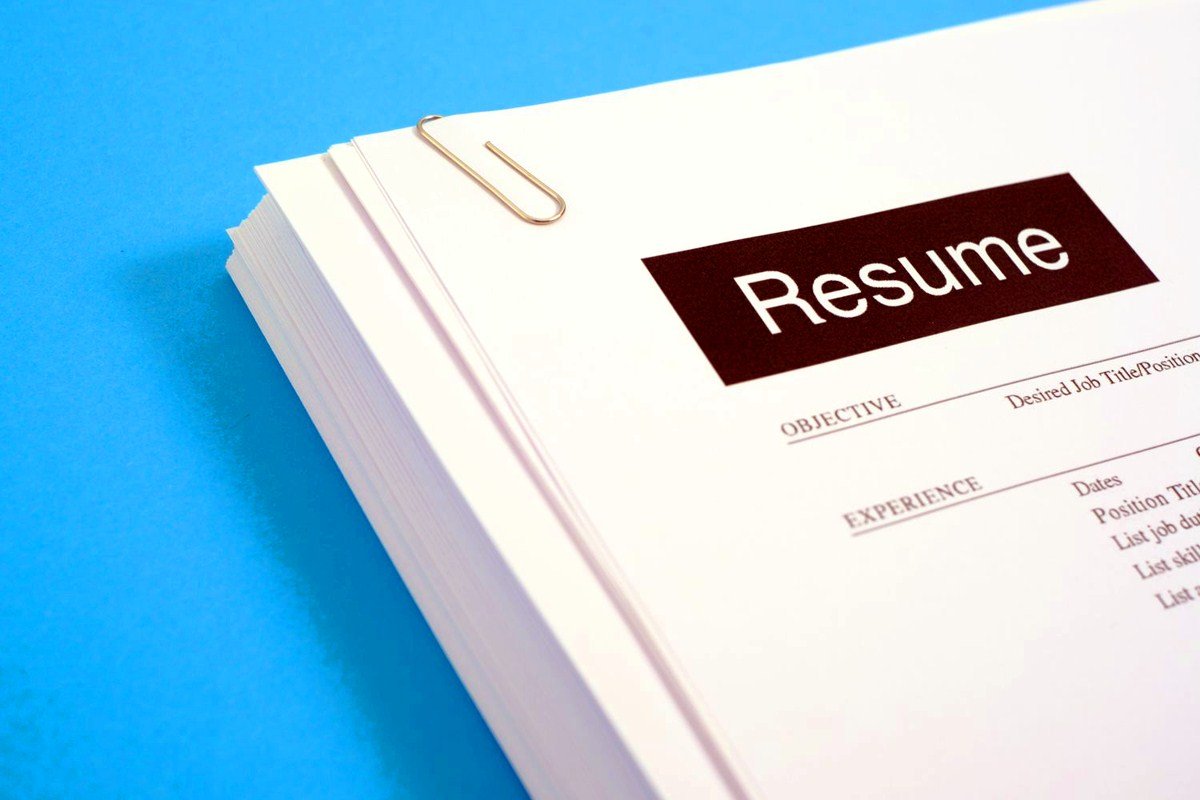Sleep & Productivity: How to Get Better Sleep for Better Grades
"Discover how sleep and productivity impact academic success. Learn actionable tips to improve sleep quality for better grades enhanced focus.

The relationship between sleep and productivity is a critical yet often underestimated factor in academic success. For students, sleeping is not just a time to rest but a vital process that enhances memory, sharpens focus, and boosts cognitive performance. However, in a world where late-night study sessions and caffeine-fueled cramming are glorified, many students sacrificeto meet deadlines, unaware of the toll it takes on their grades and overall well-being. Understanding the profound impact of on learning and productivity is the first step toward achieving better academic outcomes and maintaining a healthier lifestyle.
Sleep deprivation has become an epidemic among students, with many averaging fewer than the recommended 7–9 hours per night. This chronic lack of impairs critical thinking, weakens memory retention, and increases stress levels, creating a cycle of poor performance and burnout. On the other hand, prioritizing can transform how students learn, retain information, and manage their time effectively. By exploring the science behind and implementing practical strategies to improve sleeping quality, students can unlock their full potential and pave the way for better grades and a more balanced life. This article delves into the importance of sleeping for academic success and provides actionable tips to help students achieve the rest they need to thrive.
The Science of Sleep and Academic Performance
Sleeping is far more than just a period of rest—it is a complex biological process essential for cognitive function, memory consolidation, and overall brain health. During , the brain cycles through different stages, including REM (Rapid Eye Movement) and non-REM , each playing a unique role in learning and productivity. Non-REM sleep, particularly the deep stage, is crucial for processing and storing information gathered throughout the day. This stage helps transfer short-term memories into long-term storage, making it easier to recall facts, concepts, and skills during exams or class discussions. REM sleeping, on the other hand, enhances creativity and problem-solving abilities by reorganizing neural connections and integrating new knowledge with existing information. Without sufficient, these critical processes are disrupted, leading to poorer academic performance and reduced mental clarity.
Research consistently highlights the profound impact of on academic success. Studies from institutions like Harvard Medical School and the University of California have shown that students who consistently get 7–9 hours of perform better on tests, retain information more effectively, and exhibit stronger critical thinking skills compared to their -deprived peers. Conversely, deprivation has been linked to impaired attention, reduced working memory capacity, and slower reaction times—all of which hinder learning and productivity. For example, a study published in the Journal of Adolescent Health found that students who slept fewer than six hours per night were significantly more likely to report lower GPAs. These findings underscore the importance of prioritizing sleeping as a foundational element of academic achievement and overall well-being.
The Hidden Costs of Sleeping Deprivation
Chronic loss doesn’t just lead to grogginess—it undermines every facet of academic success. Research published in the Journal of Adolescent Health found that students averaging fewer than 6 hours of nightly are 30% more likely to report lower GPAs. Sleep deprivation disrupts glucose metabolism in the brain, reducing energy for tasks like essay writing or solving complex equations. It also weakens emotional regulation, making students more susceptible to anxiety and procrastination. For example, a University of California study noted that sleep-deprived individuals struggle with time management and are more likely to cram inefficiently before exams. Over time, this pattern erodes confidence and motivation, perpetuating underachievement.
Strategies for Optimizing Sleeping Quality
Improving sleep begins with consistent routines and environmental adjustments. A regular sleeping schedule—waking up and going to bed at the same time daily—trains the body’s internal clock, promoting deeper rest. Bedrooms should be cool (60–67°F), dark, and free from distractions like smartphones, as blue light from screens suppresses melatonin production. Incorporating relaxation techniques, such as mindfulness meditation or reading physical books before bed, signals the brain to unwind. Diet also plays a role: avoiding heavy meals, caffeine, and alcohol close to bedtime prevents disruptions. For students juggling workloads, time-blocking study sessions earlier in the day prevents late-night cramming. Universities like Stanford have implemented education” programs, resulting in marked improvements in student focus and grades.
Navigating Technology and Sleeping
While technology often disrupts sleeping, it can also be part of the solution. Apps like f.lux or smartphone settings that reduce blue light emission after sunset minimize melatonin interference. Wearables like Fitbit or Oura Rings track patterns, offering insights into cycles and disturbances. However, reliance on aids like melatonin supplements should be cautious and guided by healthcare professionals. For instance, over-the-counter medications may create dependency, while natural alternatives like chamomile tea or magnesium supplements offer gentler support. The key is balance: leveraging tools without letting them exacerbate anxiety about achieving “perfect” sleep.
Overcoming Common Student Sleeping Challenges
Students face unique barriers to quality , from irregular class schedules to social pressures. Part-time jobs, extracurriculars, and socializing often compete for evening hours. To address this, time management is critical. Breaking study sessions into 25-minute intervals (the Pomodoro Technique) boosts efficiency, freeing up time for rest. Napping—ideally 20–30 minutes before 3 PM—can recharge energy without interfering with nighttime . For those in noisy dorms, white noise machines or earplugs create a buffer. Universities are increasingly adopting “wellness Wednesdays” or late-start policies to reduce academic pressure and promote rest.
Read More: The Role of Sleep in Learning: How Rest Fuels Academic Success
Conclusion
The connection between sleep and productivity is a cornerstone of academic success, yet it is often overlooked in the hustle of student life. By prioritizing students can unlock their full potential, enhancing memory retention, focus, and emotional resilience. The science is clear: quality is not just a passive state but an active process that fuels learning and creativity. Implementing small but consistent changes—such as maintaining a regular sleeping schedule, optimizing the environment, and managing stress—can lead to significant improvements in both grades and overall well-being. Sleep is not a luxury; it is a necessity for anyone striving to excel academically and personally.
As students navigate the demands of school, work, and social life, it’s essential to reframe as a non-negotiable part of their routine. By embracing rest as a tool for productivity rather than an obstacle, they can break free from the cycle of burnout and underachievement. Schools and universities also play a crucial role by promoting education and creating policies that support student well-being. Ultimately, better is the foundation for better grades, but more importantly, it is the key to a healthier, more balanced, and fulfilling life. The journey to academic success begins with a good night’s sleep—so close your eyes, rest well, and wake up ready to conquer the day
FAQs
How many hours of do students need?
Most adults require 7–9 hours nightly, though individual needs vary. Teens may need up to 10 hours for optimal function.
Can I “catch up” on lost during weekends?
While extra sleep helps temporarily, inconsistent schedules disrupt circadian rhythms, leading to chronic fatigue.
Are naps beneficial for studying?
Short naps (20–30 minutes) can boost alertness, but long naps interfere with nighttime sleeping.
Does exercise improve sleeping quality?
Yes, moderate exercise enhances deep sleeping, but avoid vigorous workouts close to bedtime.
How can I manage late-night study sessions without sacrificing sleeping?
Prioritize tasks, tackle harder subjects earlier, and use time-management techniques to avoid last-minute cramming.







